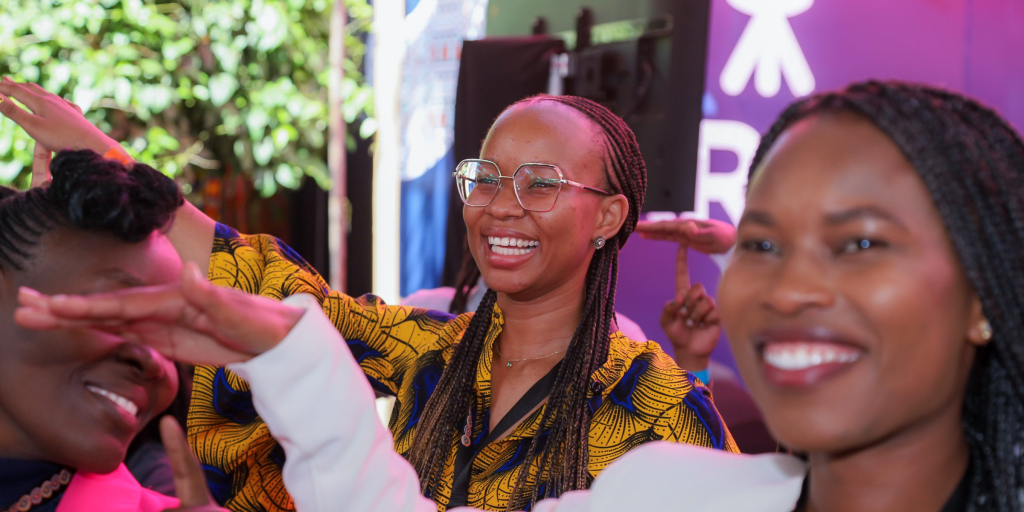Africa non-profit is mapping the continent’s legacy media meltdown
PICTURE: Muhammad-Taha Ibrahim/Pexels
The legacy media sector is imploding across Africa, with major media conglomerates announcing mass layoffs everywhere from South Africa and Kenya, to Nigeria. Although layoffs have been increasing as digital disruption intensifies over the last decade, the current surge in job cuts is exacerbating an already dire situation across Africa’s media landscape.
Media24, the continent’s largest media group, announced last month that it will cease printing nearly all its newspapers by October 2024, and that it will sell a number of titles, and retrench about 330 staff, shifting focus to online platforms.
It will also transfer an estimated 400 additional staff when it sells some of its operations, without any guarantee that the affected staff will continue to be employed by the new operator. In 2023, the Independent Media Group, publisher of some of South Africa’s oldest publications, also laid off 141 employees – about a third of its editorial workforce – in a bid to reduce costs.
Meanwhile, Kenya’s Nation Media Group, the continent’s second-largest media conglomerate, recently also cut over 180 jobs, while Standard Group announced in July it would retrench 300 staff members at the end of August.
Nigeria’s media market has also been affected with big media organisations such as The Punch and The Nation reducing staff beginning during the Covid-19 pandemic in 2020. In December 2023, state-owned National Light was closed down, which affected around 200 staff members.
While ‘big media’ is trying to restructure, smaller grassroots media are also facing obliteration. The Association of Independent Publishers (AIP) reports that 10%, or 26 of its 204 community-focused member publications across southern Africa, have been shut since 2016. During that same period, the number of publisher companies dropped from 164 to 147. The overall print runs have plummeted from 7.5 million to 2.5 million monthly.
The announcements are, however, sporadic with little industry-level or regional overview of trends or timelines.
This survey is designed to change that, and to help media professionals and media support agencies better understand the scale and pace of the changing landscape. It aims to track layoffs at media organisations, to help stakeholders understand what roles, skill sets and demographics are being disproportionately impacted. The resulting insights will help media workers better prepare themselves for future disruptions, by upskilling to be less vulnerable, or to find niches that appear to be more resilient.
The survey is conducted by Code for Africa’s (CfA) CivicSignal media mapping team in partnership with the AIP, the Eastern Africa Editors Society (EAES), the Kenya Editors’ Guild (KEG), and The Africa Editors Forum (TAEF). The coalition, and the South African National Editors’ Forum (SANEF), will share the survey among their members.
Together, we are building a dynamically updated database of title closures, staff losses, and other market impacts. TAEF and EAES are regional umbrella associations for national editor bodies. KEG and SANEF are national media industry guilds, that help protect the interests of local journalists and editors. AIP is an association of independent grassroots (community-based) media owners across southern Africa.
CfA is an indigenous African non-profit, with full-time staff/labs in 26 African countries, where it works in support of watchdog media and civil society. Find out more about CfA here.
Any information you share in this survey is treated as confidential, and your identity is not disclosed unless you explicitly ask to be included in one of the support/solidarity groups that CfA curates, to help media professionals find new opportunities or skills.
The aggregated and anonymised data from your answers will be used to analyse emerging trends or hotspots, for public reports, and to help local journalist/editor guilds or other industry bodies develop mitigation strategies.
The survey is comprehensive to ensure that we generate genuinely useful insights, and should take a maximum of 20 minutes to complete. Get involved here.




